Gun laws in the United States vary widely from state to state, which can be confusing and even risky if you’re not aware of local regulations. Open carry, visibly carrying a firearm in public, may be legal in many places, but some states either prohibit it outright or place strict limits on it.
Here’s a detailed look at 15 states where open carry isn’t allowed or comes with significant restrictions.
California
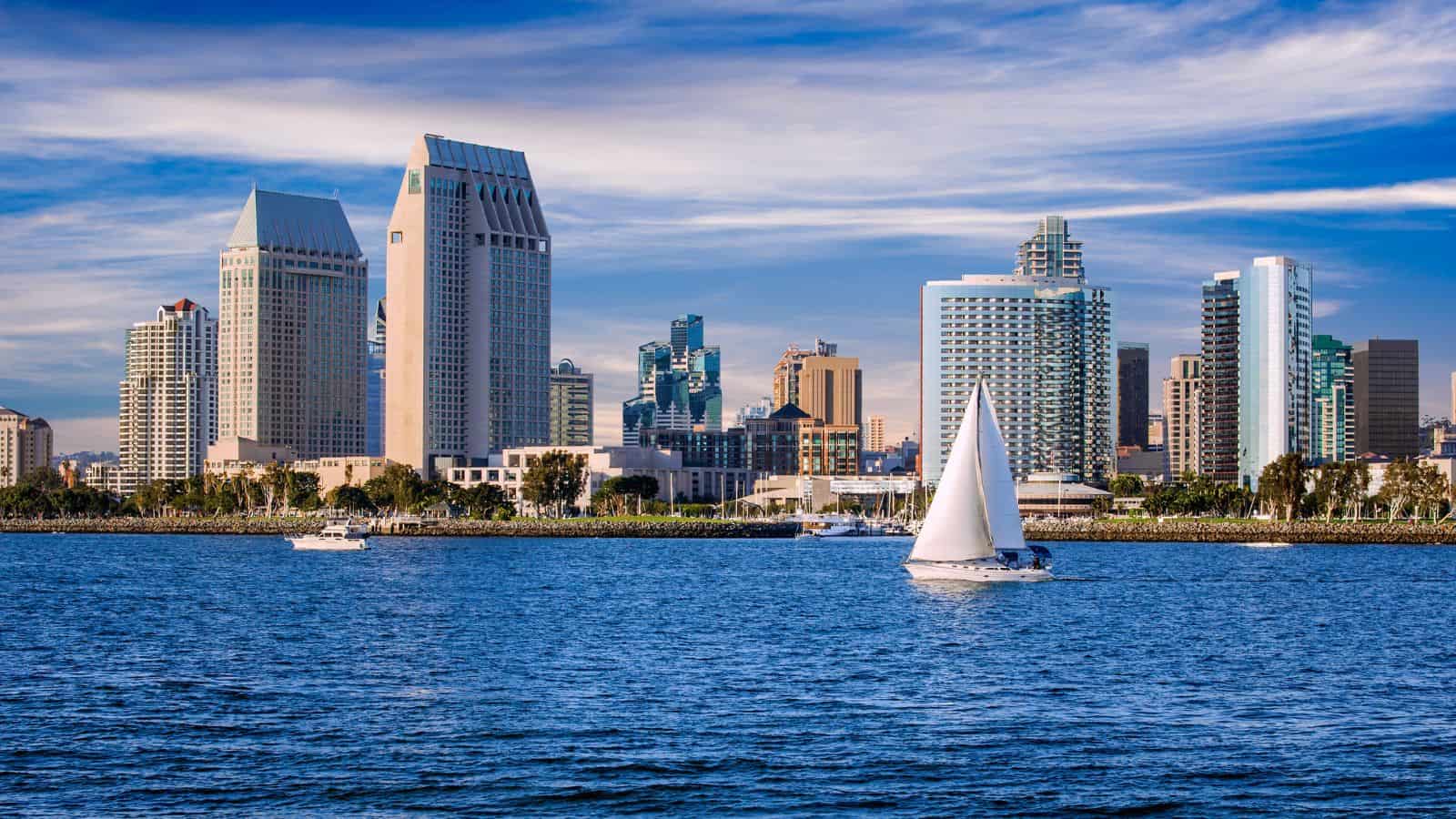
California has some of the strictest gun laws in the country, and open carry is largely prohibited. The state views visible firearms as a potential threat to public safety, leading to laws that restrict open carry in most circumstances. Only in rare situations, like specific hunting activities or within private property, is it permitted.
The goal is to reduce gun violence and minimize the chances of misunderstandings that could escalate into dangerous situations.
Florida
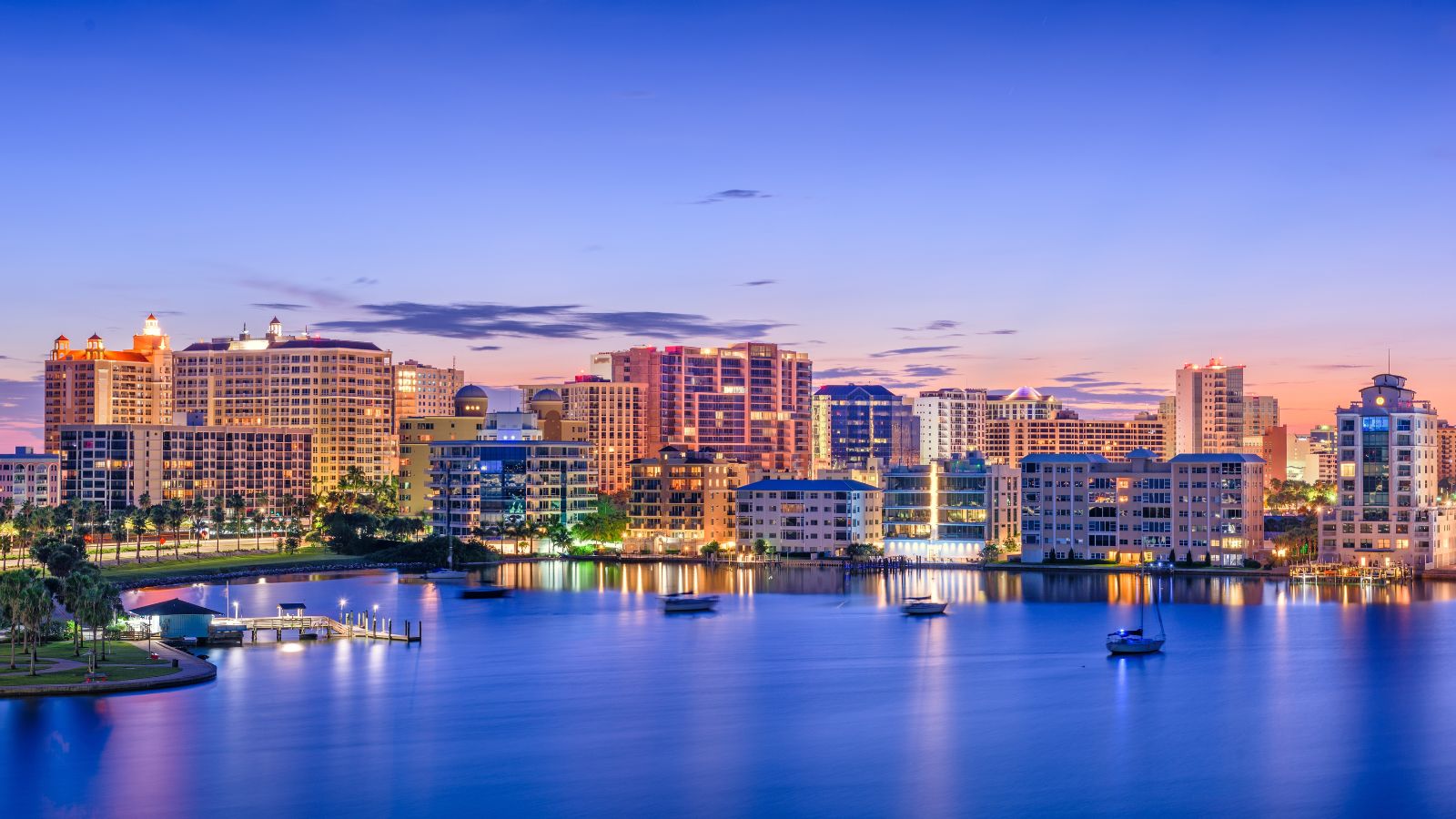
Florida also bans open carry, except in limited scenarios like hunting, fishing, or camping. This rule reflects the state’s emphasis on concealed carry permits as the preferred method for those who wish to carry firearms. Officials argue that concealed carry offers more control and prevents public fear or alarm, which visible weapons might cause.
Illinois
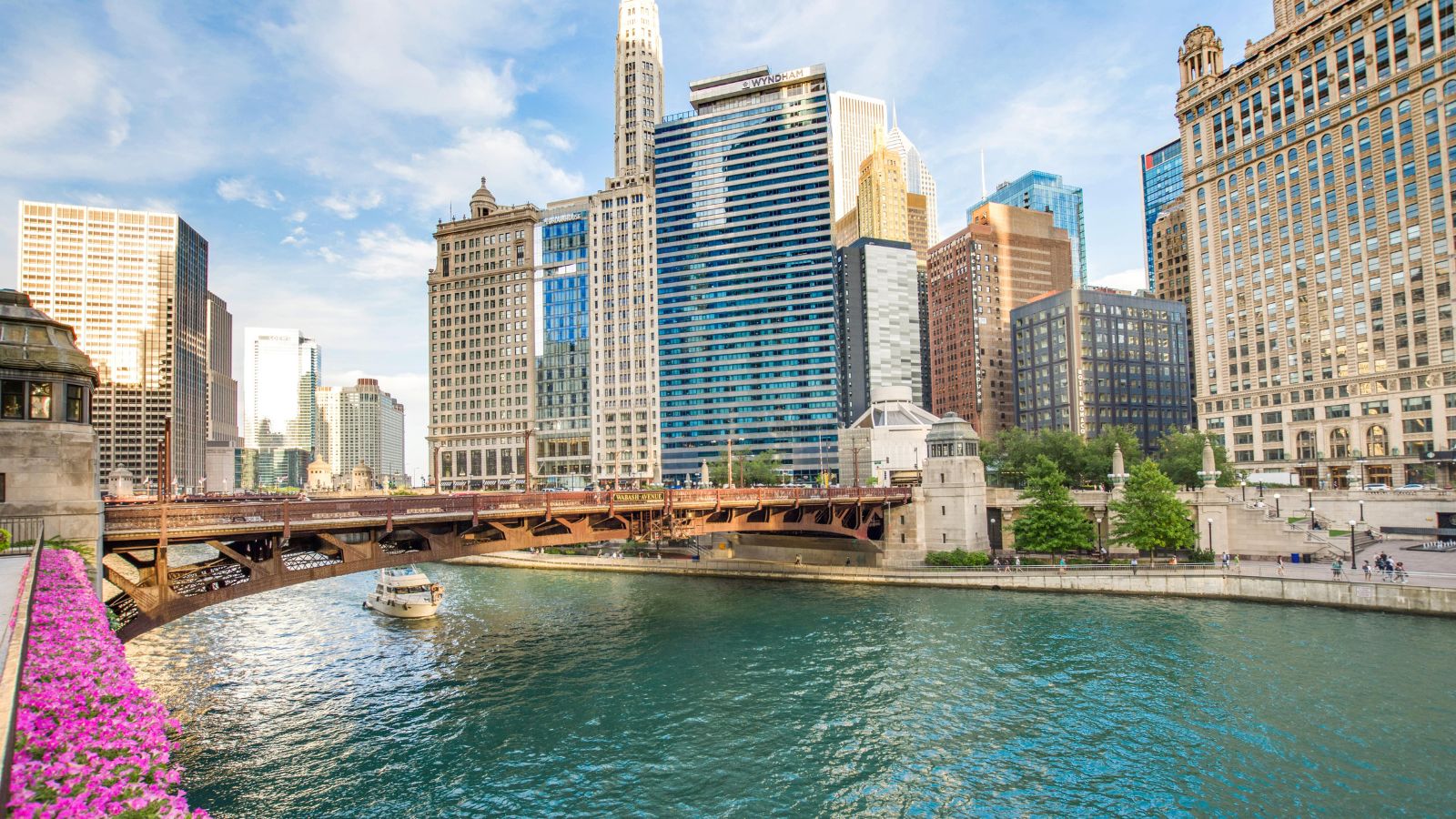
Open carry is not allowed in Illinois, a state known for its strict firearm regulations. While residents can apply for a concealed carry license, openly carrying a firearm in public is prohibited. This stems from concerns over public safety, especially in densely populated areas like Chicago, where gun violence has been a longstanding issue.
By restricting open carry, the state aims to reduce potential confrontations and ensure that firearms are kept out of sight, maintaining a sense of order in public spaces.
New York
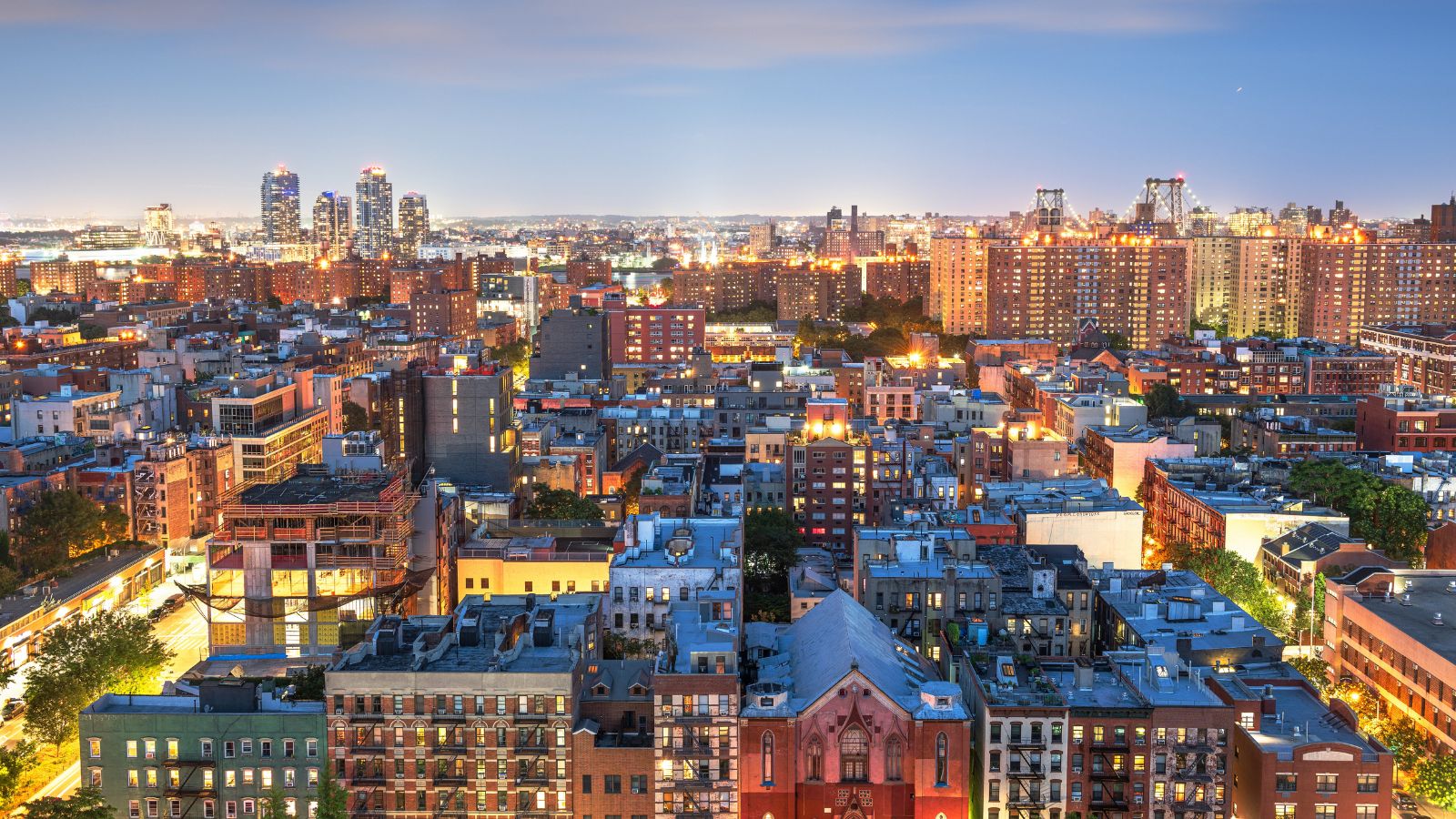
In New York, open carry is heavily restricted, particularly in urban areas like New York City. The state requires a special license for carrying a firearm, and even then, carrying visibly in public is generally not allowed. Officials have designed these laws to prevent panic or confusion, especially in crowded environments where visible guns could cause alarm.
South Carolina

While South Carolina recently passed legislation allowing permit holders to open carry, the state still has numerous restrictions in place. For example, firearms cannot be openly carried in government buildings, schools, or private businesses that post “no firearms” signs. Lawmakers introduced these measures to address concerns about potential misuse or intimidation while still giving gun owners the option to carry.
Hawaii

Hawaii is another state where open carry is largely off-limits. Although the law technically allows for open carry with a permit, obtaining one is incredibly rare. Local law enforcement agencies have significant discretion in issuing permits, and most applications are denied.
The state’s strict stance is rooted in a broader effort to limit gun presence in public spaces, keeping firearms mostly out of sight and reducing the likelihood of public alarm.
Maryland

Maryland’s laws also make it difficult to openly carry a firearm. Permits are required, and they’re issued under strict conditions, often limited to security personnel or individuals with documented threats against their safety. The state’s restrictions reflect its focus on preventing potential escalations in public areas, particularly in urban regions where visible firearms might cause unnecessary tension or conflict.
New Jersey

Gun laws in New Jersey are among the toughest in the nation, and open carry is no exception. The state does not permit open carry of firearms, even for licensed gun owners. Officials argue that visible weapons in public could lead to heightened fear or misunderstandings, especially in densely populated areas.
Massachusetts
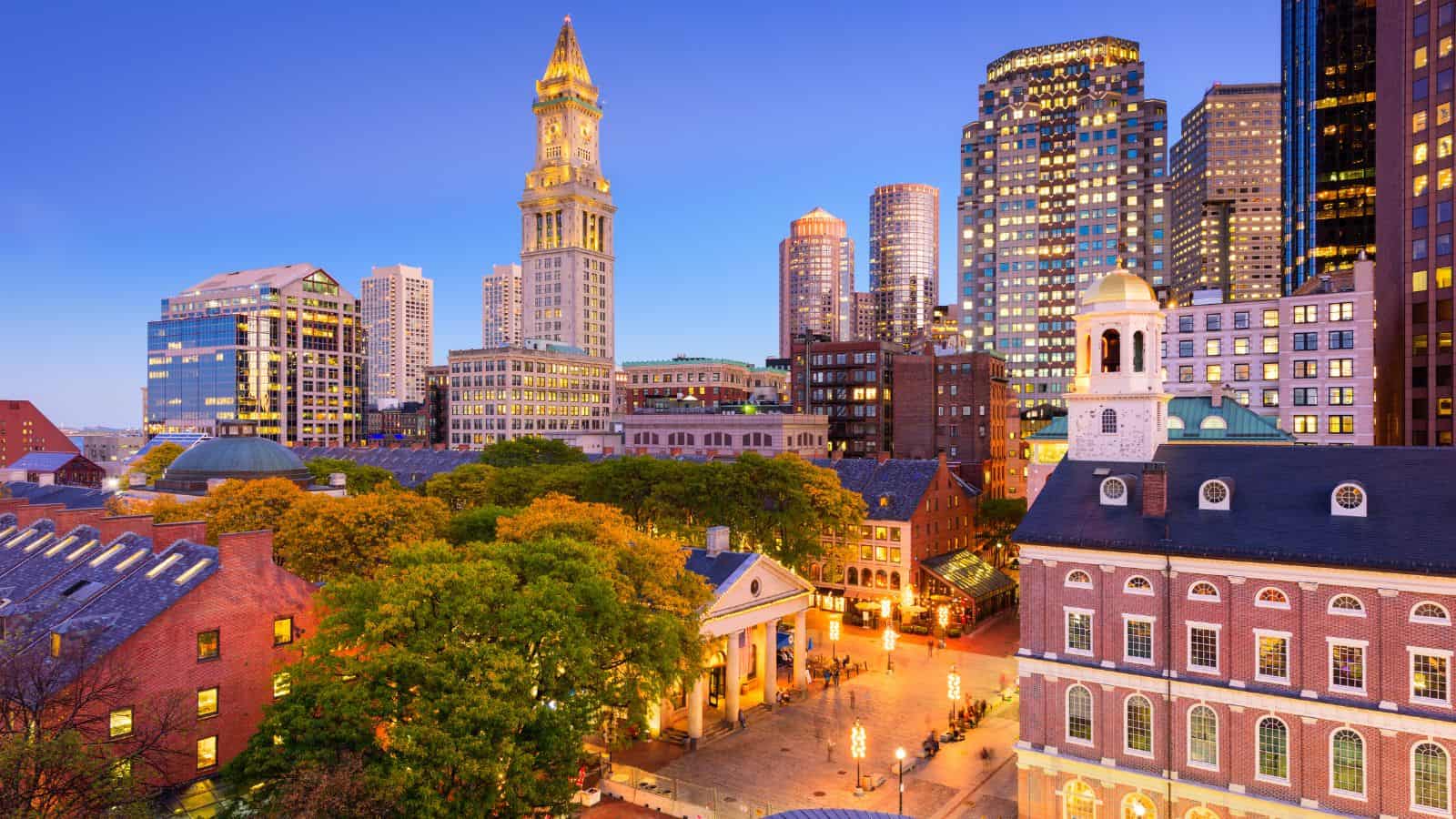
Open carry is technically legal in Massachusetts for individuals with the appropriate license, but in practice, it’s almost unheard of. Law enforcement and the public generally view visible firearms as a cause for concern, leading many towns and cities to discourage the practice altogether. The state’s culture of strict gun control prioritizes concealed carry to reduce the likelihood of confrontations or panic in public spaces.
Washington, D.C.
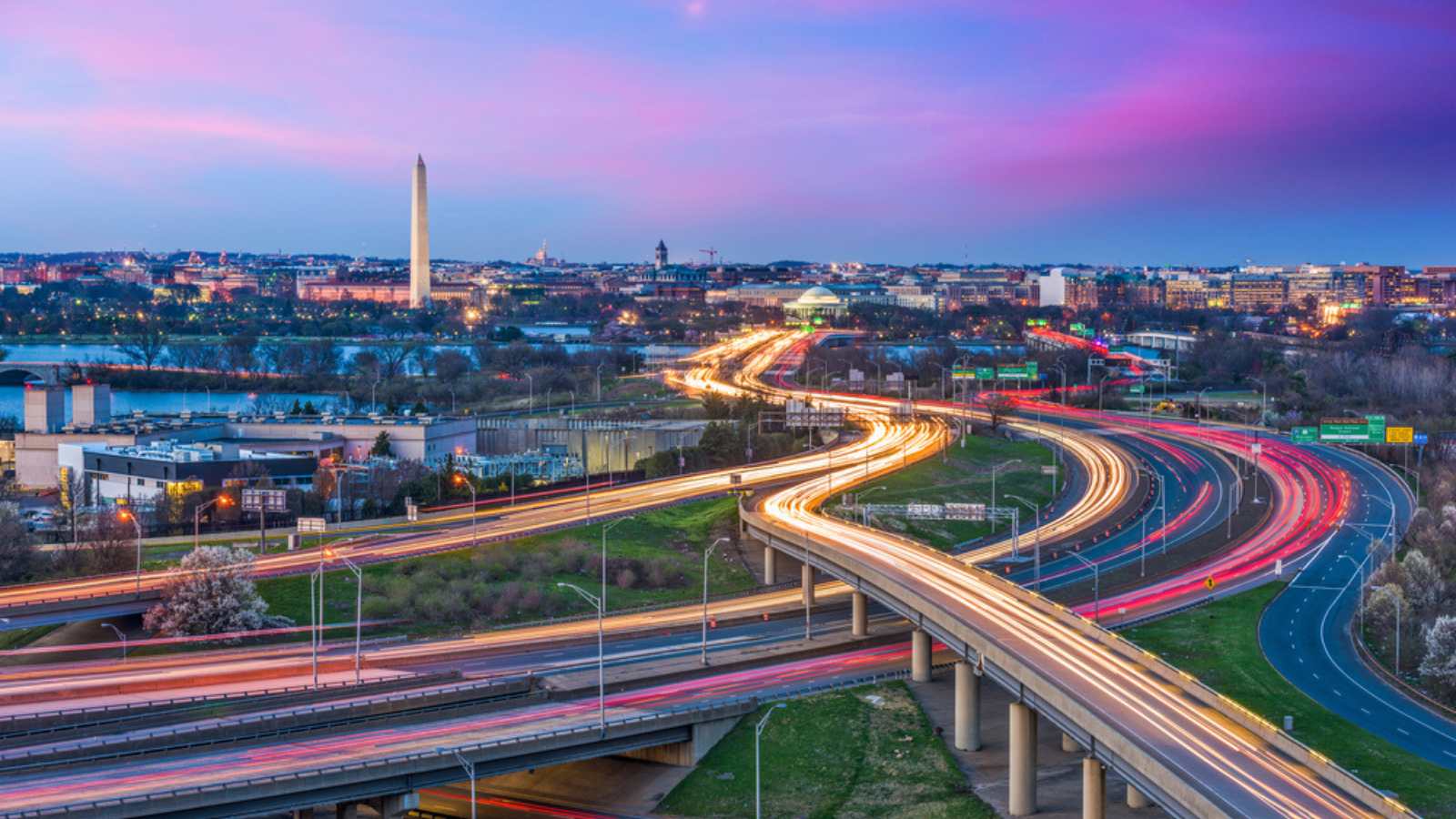
The nation’s capital has some of the most stringent gun laws in the country, and open carry is completely banned. With a history of political protests and heightened security concerns, visible firearms are considered a significant risk.
Washington, D.C., only permits concealed carry with a strict licensing process, aiming to minimize the potential for armed confrontations in its high-profile and densely populated areas.
Minnesota
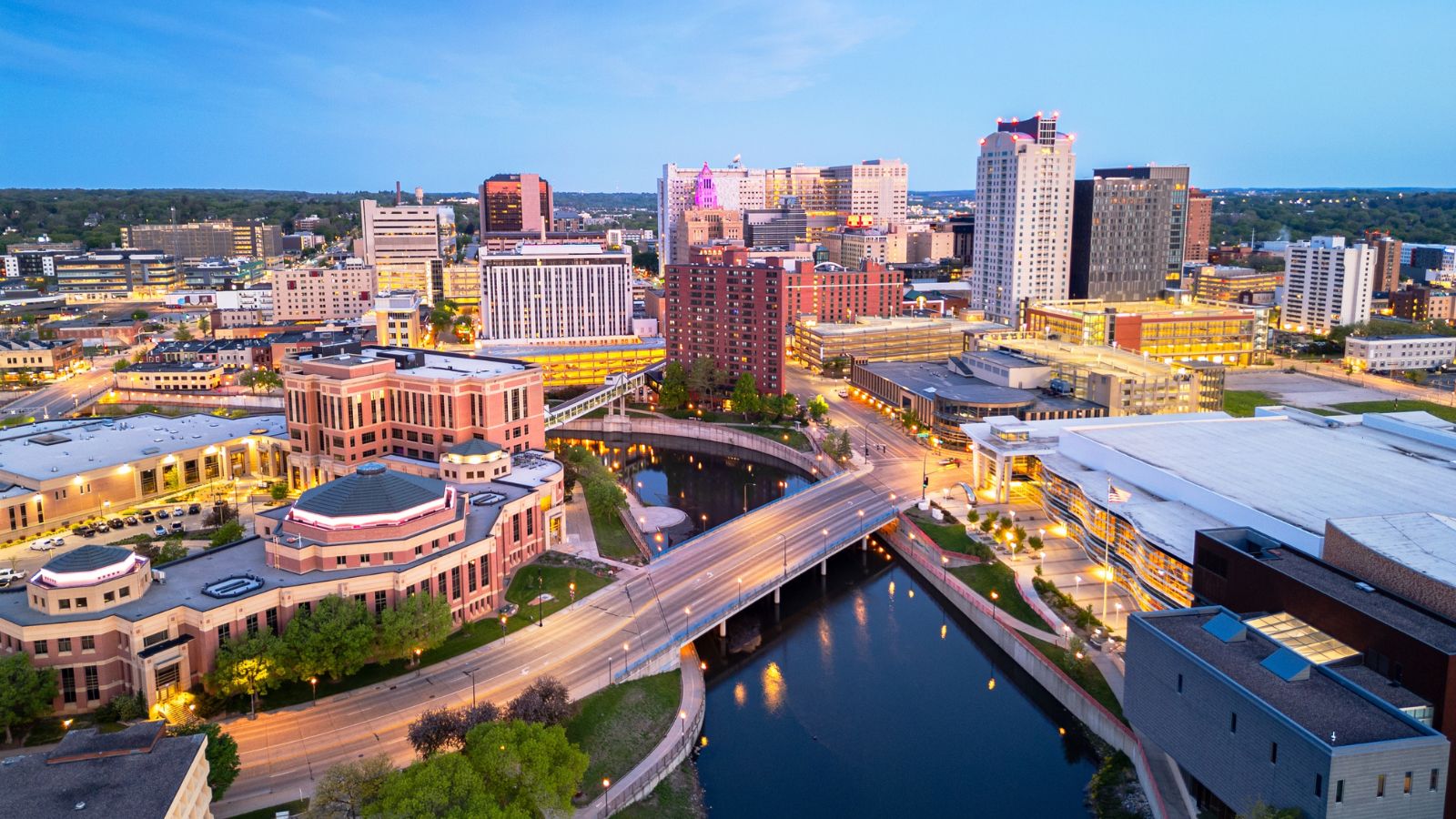
Open carry in Minnesota requires a permit, but even with one, it’s generally discouraged. The state’s permit-to-carry system applies to both open and concealed carry, yet visible firearms often draw scrutiny from law enforcement and the public.
Rhode Island

While Rhode Island allows for open carry with a specific license, obtaining this license can be challenging. The process is rigorous, and most people are limited to concealed carry permits. The state’s laws are designed to ensure that firearms are handled responsibly and remain out of sight in public areas, reducing the risk of fear or conflict.
Connecticut
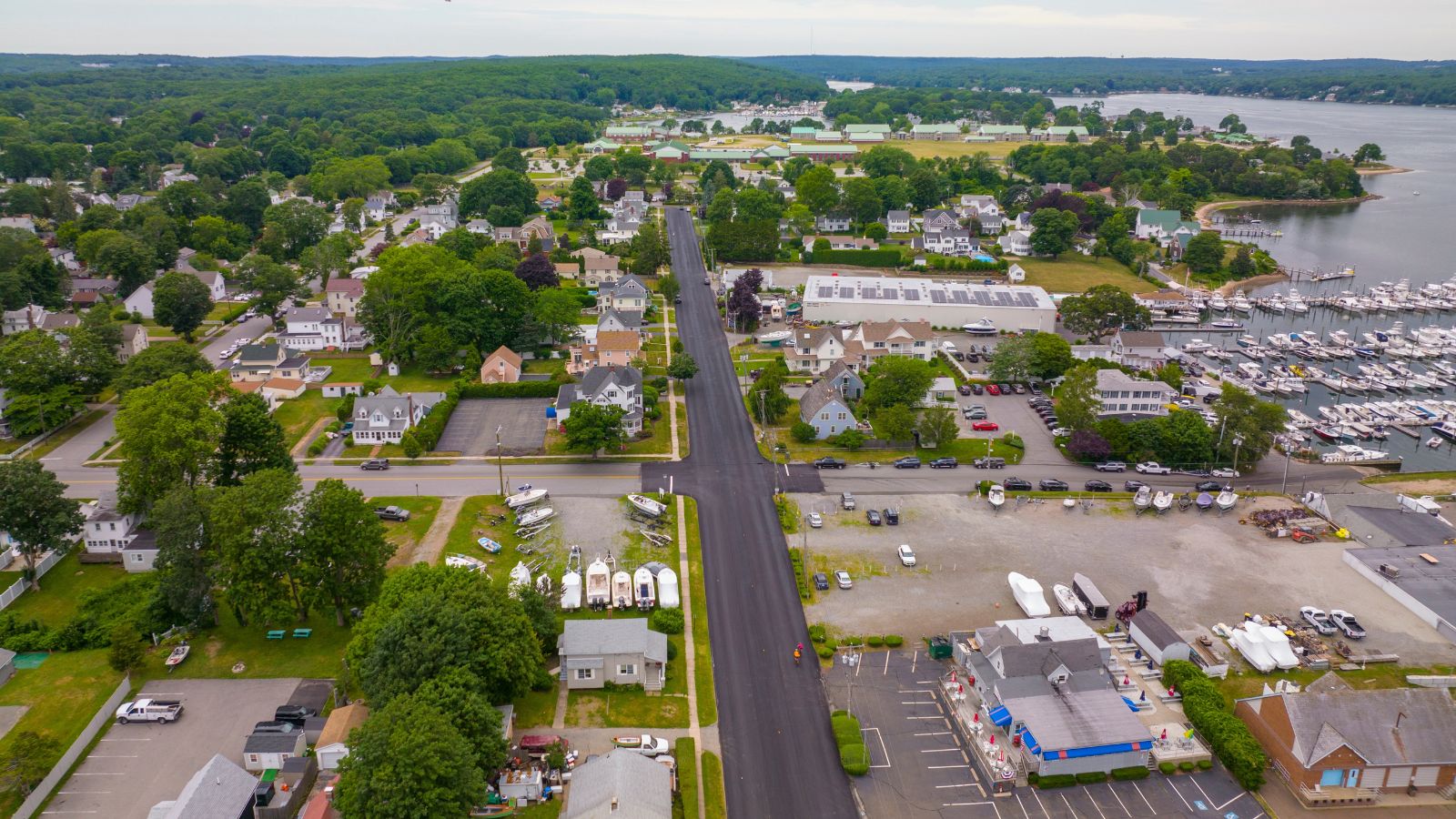
Public safety concerns, particularly in urban areas, have shaped Connecticut’s approach to gun regulations. As such, the state does not permit open carry without a license, and even licensed individuals rarely carry openly.
Nevada

While Nevada is often seen as gun-friendly, open carry is restricted in certain areas like Las Vegas. The state’s major tourist hubs are especially cautious about visible firearms, given the potential for panic among visitors unfamiliar with open carry practices. Outside these areas, open carry is allowed, but gun owners are expected to follow strict guidelines to avoid misuse or misunderstanding.
Oregon

Open carry in Oregon is generally allowed, but individual cities and counties can set their own restrictions. For instance, Portland and other urban areas have stricter rules that prohibit openly carrying firearms without a license. This patchwork of regulations reflects the state’s effort to balance Second Amendment rights with local safety concerns.
Gun owners in Oregon must be cautious and aware of the laws in each area to avoid legal trouble.
